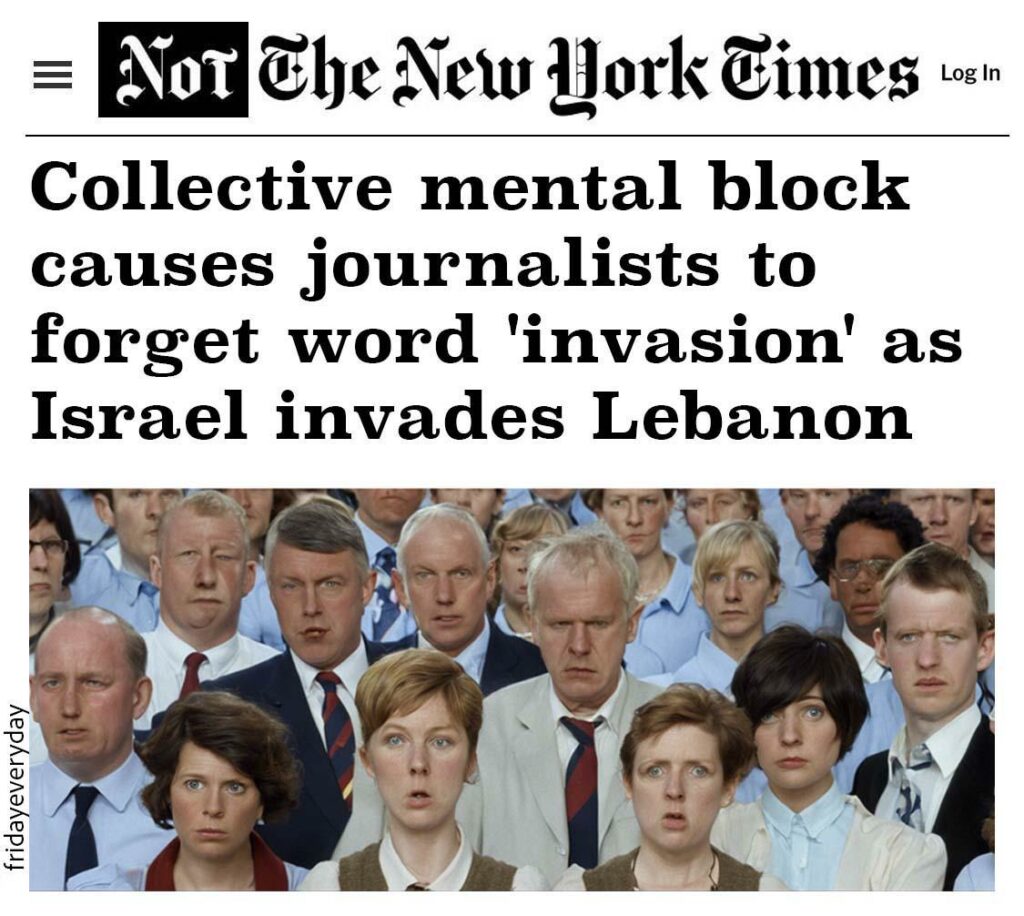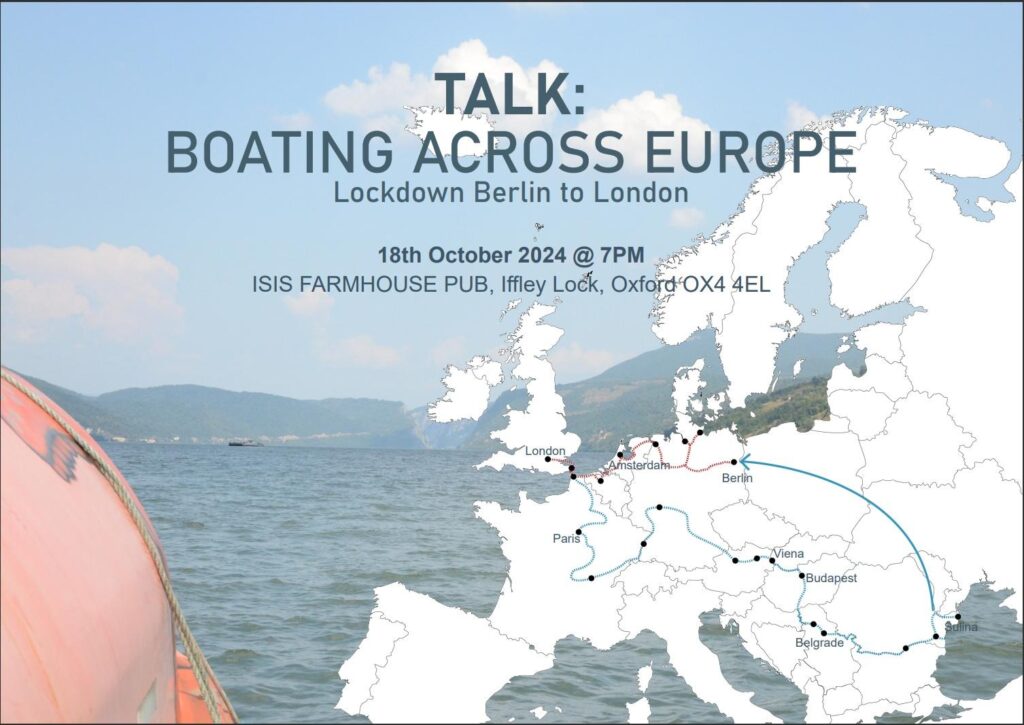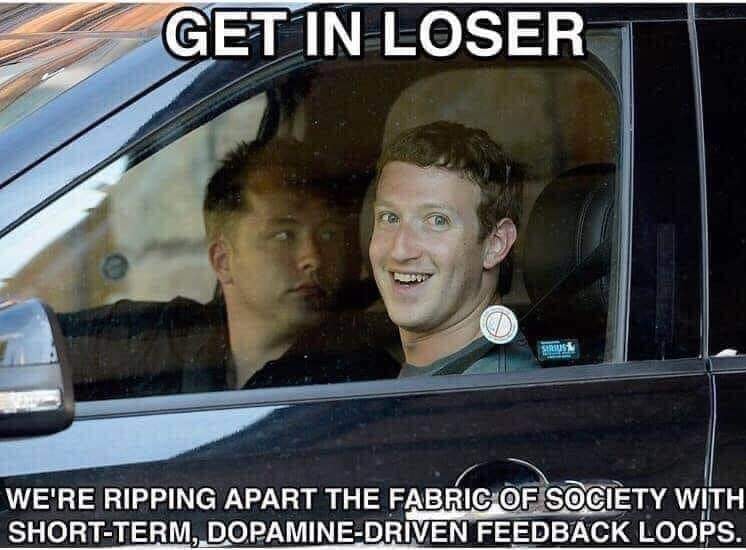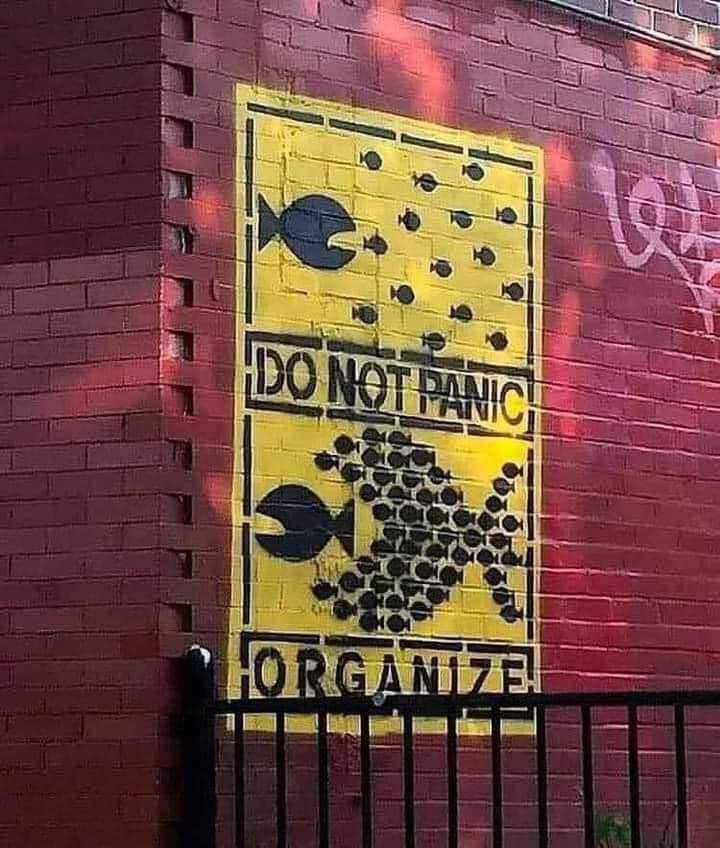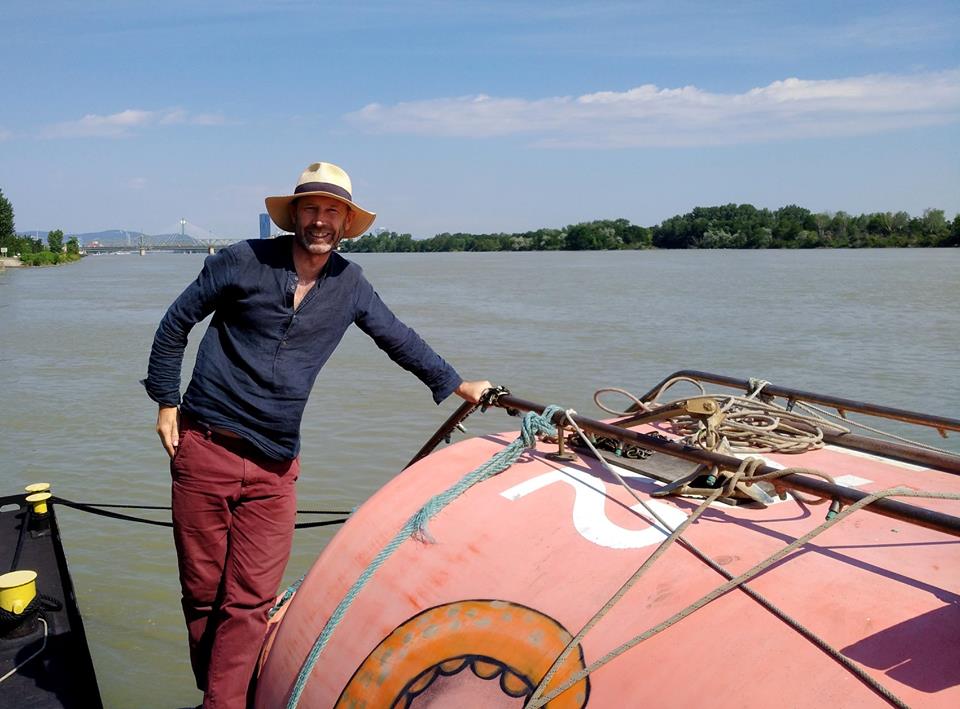
The path I am and have pushed is rooted in a few #KISS principles: a return to grassroots governance, prioritizing community-driven technology, and composting failed ideas for new growth. Then the common sense that to enable this, we need to develop tools and frameworks that uphold transparency, empower collective action, and keep the focus on sustainable, open alternatives.
I believe to try and balance much of the current mess, people should focus on grassroots activism and building alternative systems to combat the current social, ecological, and technological mess. With a strong emphasis on open processes (#4opens), collective action, to challenge the #neoliberal status quo (#deathcult) through direct engagement, rebooting independent media, and creating sustainable, community-driven alternatives to #mainstreaming mess. The path is agen #KISS to reclaim agency and work toward positive, systemic change from the grassroots up.
You can explore more at https://hamishcampbell.com
I am thus critical of #NGOs and #mainstreaming paths, as they compromise their radical potential by seeking funding and approval from larger institutions and establishment hierarchies. This too often leads to co-optation and dilution of “native” grassroots values of, turning them into tools for maintaining the status quo rather than challenging it. We need to actively resist this corruption and ensuring that alternative, community-driven projects thrive without becoming fatally entangled in the mainstreaming mess.
Read more at https://hamishcampbell.com
I have extensive experience navigating radical activism and grassroots media projects. Having been involved in open technology movements, such as #Indymedia and #OMN (Open Media Network) and more recently the Fediverse and ActivityPub movement, emphasizing trust-based, DIY approaches. Thus, the critique of the #NGO sector for undermining radical efforts through the influence of funding and institutionalization, having witnessed how NGO paths often lead to stagnation and failure.
For more details, visit hamishcampbell.com.
My #boatingeurope life reflects a life outside the #mainstreaming, a simpler “native” more sustainable #DIY lifestyle, away from the chaos of every day #deathcult worship. Living on the water is a metaphor for self-reliance, resilience, and independence, while offering life connected with nature. The lifeboat is a metaphor for #climatechaos, I sailed away ten years ago, after campaigning agenst #climatchange and ecological destruction for 20 years, continuing the path to live outside conventional structures, a little away from the stress of activism. However, the world is round, so have since returned, re-engaging with tech activism, a remainder that retreat won’t solve the broader systemic issues facing the world and the people that live in it
For more details, visit https://www.youtube.com/@BoatingEurope
I see a core tension between alternative cultures and the mainstream: the mainstream demands that alternative cultures conform in order to be effective, while the alt paths intentionally resist this push, aiming to remain distinct and radical. This clash creates a deeper issue – #mainstreaming voices tend to block and reject the need for a bridge between these two spaces. The failure to recognize the importance of building such bridges leads to division and stagnation, perpetuating the current social and political mess. The root problem lies in mainstream “common sense” blocking and an intolerance toward the very idea of bridging these divergent paths, hindering progress from both sides.
https://opencollective.com/open-media-network/projects/hcampbell

